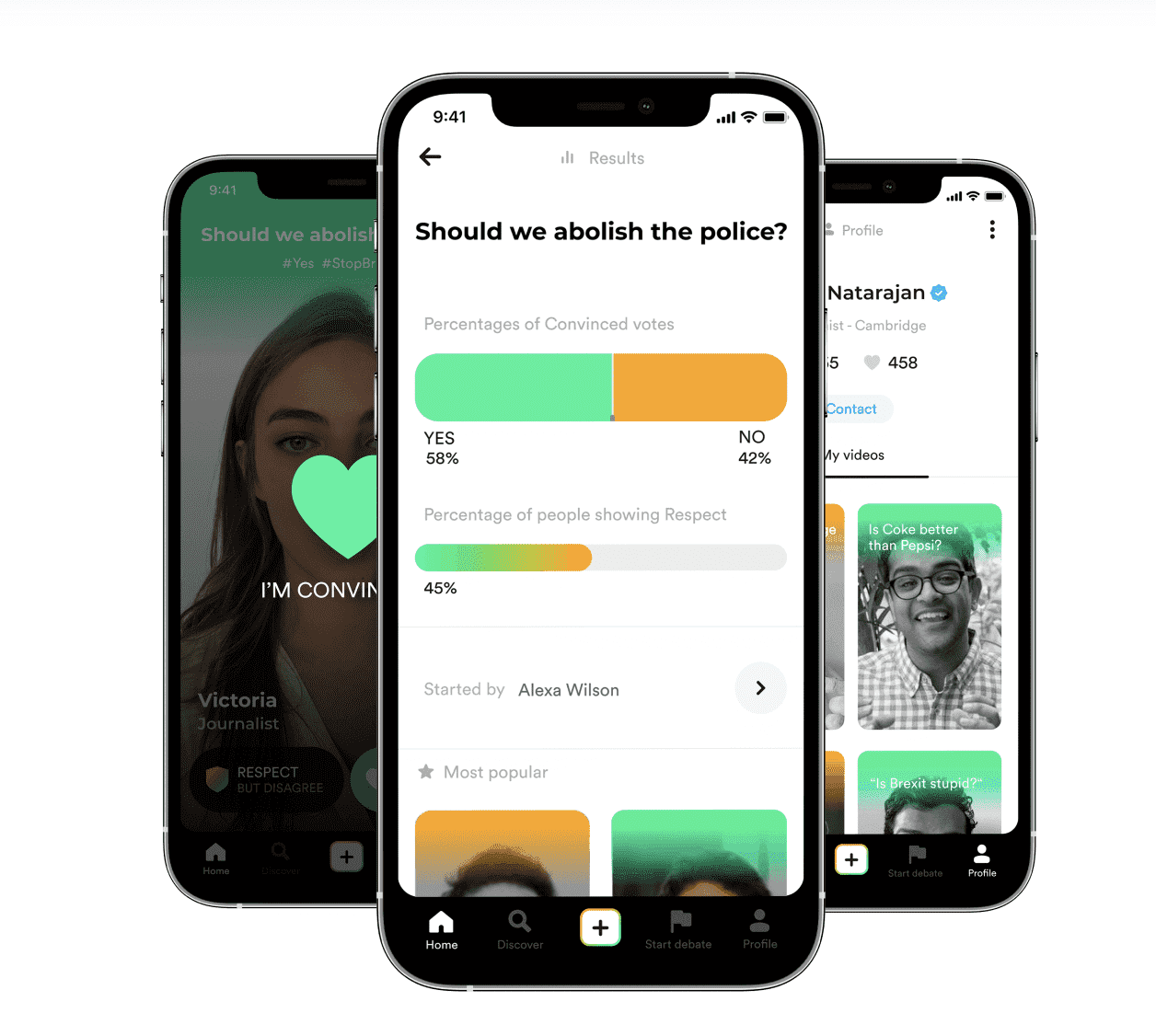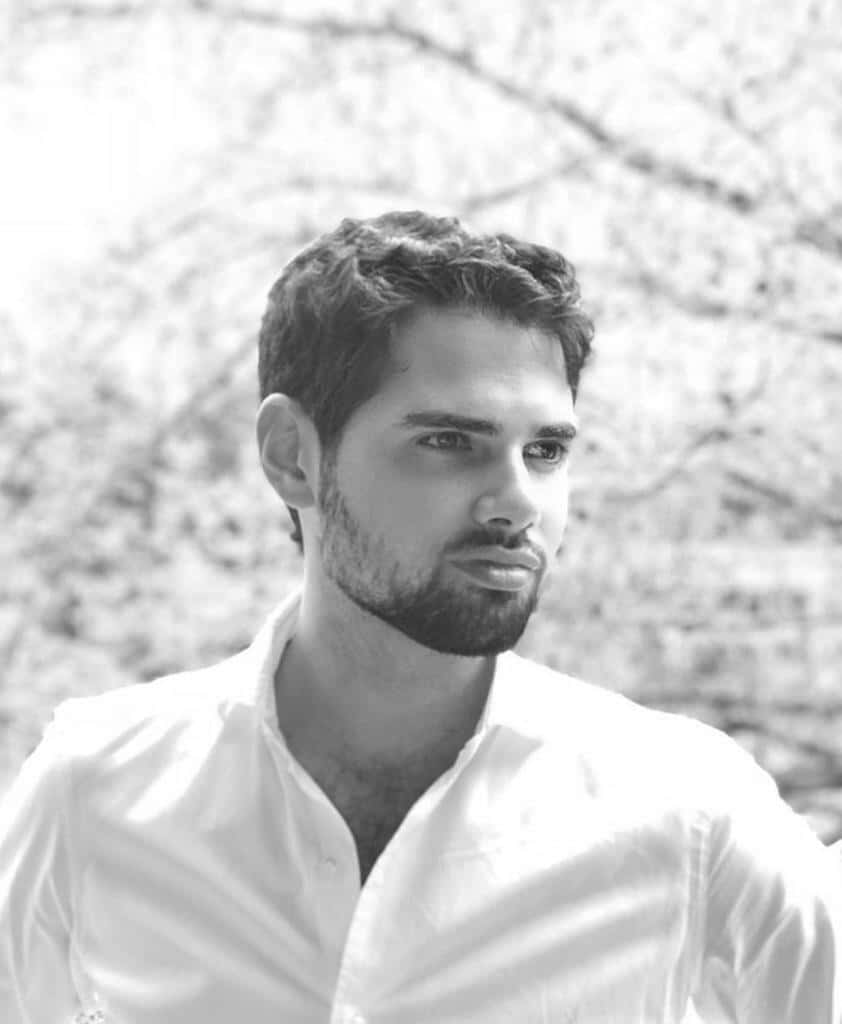Who founded Polemix? Invite-only TikTok clone for ‘free discourse’ is a hit among young users

There's a new social media app on the block, with a goal to "convince" people on seriously polarizing questions. From court-packing to Instagram's algorithm and even Rodger Federer, Polemix aims to spark debate about the most serious questions of our time. Unlike other networks though, there's no way to troll people and hide your identity, because Polemix, like TikTok, is video-first.
Here at MEAWW, we have covered numerous new social media sites. Spurred on by the increasing limitations posed by Facebook and Twitter, a large number of alternative sites have since sprung up. In late 2020, Parler became the go-to for prominent conservatives before it was booted off the Apple App Store and Google Play Store, as well as Amazon's servers. Parler did return, but never found the popularity as other alternatives rose. One of them was Gettr, run by Jason Miller but bankrolled by the fugitive billionaire Guo Wengui.
READ MORE
However, these apps had a single goal of becoming the home for conservatives users. Polemix on the other hand wants to welcome "leaders of all opinions and generations" to "hear the other side". It's certainly a unique idea, at a time when social media is becoming increasingly polarized and fractured. Can Polemix heal the divide? It certainly thinks so. If you are wondering if Polemix is for you, here's everything you need to know about the app, and its founder Ian Sielecki.

Who founded Polemix?
The founder and CEO of this new startup is Ian Sielecki, an Argentinian with a CV to be envious of. Sielecki is a graduate of The Paris Institute of Political Studies (Sciences Po) and the University of Cambridge. With a background in political science and history, he went to do a Masters of Public Affairs at Sciences Po. As a student, Sielecki was president of the Student Council, debating vice-champion of France in 2014, and has given multiple masterclasses in debating and rhetoric.
Sielecki is well known for his opinion pieces in leading Argentinian newspapers but has vast experience beyond that. He has previously worked for the late Senator Frank Lautenberg and wrote speeches for the President of France's Assemblée Nationale. Sielecki also had a gig at The New York Times Democracy Forum, where he served as the organizer of the Great Debate. He was the only sub-30 member of the forum’s prestigious Advisory Board.
More recently, Sielecki founded the Transatlantic Debates Association, a group known for hosting debates with the world’s top young speakers, and ministers, ambassadors, and Nobel laureates. The success of that association led to the foundations for Polemix, an app that is described as a "social network for those who don’t like to be brainwashed". In an interview with VoiceMag UK, the founders revealed, "Ian realized that to really make an impact, he needed to create a digital experience and have a great number of young people be able to share their views as well." Sielecki joined forces with Ismaël Emelien (former advisor to French president Emmanuel Macron), Harish Natarajan (world record holder for most debate competition wins), and Guibert Englebienne (founder of Globant).

What is Polemix?
Simply put, Polemix is "a platform where individuals with divergent viewpoints and perspectives can agree to disagree – and learn to respect each other’s views, values, and beliefs." The app itself operates a lot like TikTok, albeit the bottom is filled with 'Respect But Disagree' and 'Convinced By You' buttons. Videos are short, and users are free to say what they like. The founders say, "the app is designed to promote respect and is a truly safe space. Our motto is 'Hate is for losers'."
If you are hoping to get on the app though, it's not that easy. Currently, Polemix is by invite only, but not just anyone can apply. So far, Polemix's users are a select group of the "world’s top thinkers". Polemix is initially onboarding what appears to be decorated college and high school debaters, but could expand to the general public over time. Right now, debate is at the heart of Polemix. "Social networks, by the way they operate through their algorithms, they only give you content that you already agree with, which means they radicalize you," Sielecki told The Verge. Instead, the idea behind Polemix "was to create, inspired from the magic of debating, a conceptual landscape in which people would hear, listen to the outside by design."
It's a brave new idea for social media, but whether it succeeds or not remains to be seen. If you want to sign up for Polemix, you can do so through the website.










